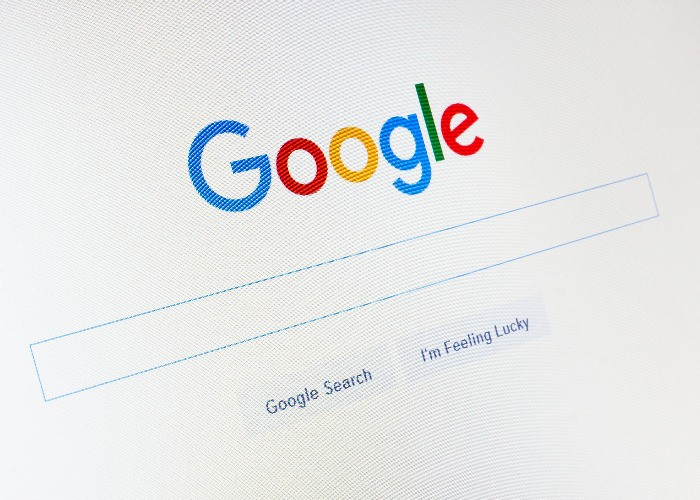Warning: Google search result changes making organic results harder to find

Changes to the layout of Google search result pages are making it harder to get to free, relevant and helpful content.
Google is making changes to the way ads are displayed when you search online, which is making it harder to distinguish between the ads firms pay to get to the top of results pages and so-called 'organic' or 'natural' results that are automatically generated.
The paid-for ads that appear on the right-hand side of a search results page on desktops and tablets are being removed and instead more ad space is being given at the top of search results pages.
The maximum number of ads that can appear at the top of many result pages for terms that are deemed highly commercial is being increased from three to four. Combined with the three ads that can feature at the bottom, a maximum of seven ads can now appear at any one time on a page.
Overall the number of ads have reduced on a page (previously up to 11 ads were allowed to show up on the right-hand-side) but spotting the difference between a paid-for ad and an organic search result has become much harder.
Spotting the difference
Back in 2007 Google highlighted results that were paid for with a yellow shaded box making them clearly defined. Then in 2013 the firm decided to section them off with a grey line and a large yellow 'Ad' icon, making the difference much more subtle, but now paid-for results are set apart by a much smaller yellow ‘Ad’ icon, allowing them to almost blend in to natural results.
This can be potentially costly for people searching for terms such as ‘pension advice’ or ‘flight delay compensation’.
The example below shows what you will now see when you search on Google for ‘pension advice’.
As you can see the top four results are paid-for ads that charge money for advice while free services from the Pensions Advisory Service and Money Advice Service are much lower down.
The problem is even worse on smartphones. Here’s what searching for ‘flight delay compensation’ brings up on a mobile.

While on a computer it’s easy to see where the ads stop, those looking on a mobile will have to scroll down a long way to get to organic content.
Paid-for search results
Google ads allow businesses to place bids to appear at the top of search results when certain key terms are searched for.
Google charges businesses on a pay-per-click basis, which means each time someone clicks the ad, Google cashes in, regardless of whether that person continues to make a transaction.
Any company can bid for these search terms, which in the past has led to a rise in the number of ‘copycat’ firms that cash in on services that should be free or a set cost like EHIC cards or paying the London congestion charge. We've written about this in the past, for more on what to watch out for read Passports, certificates, EHICs: avoid rip-off fee-charging companies.
Why is this happening?
Essentially Google seems to have made this update because people weren’t clicking on the ads on the right-hand side of their screen and to help provide a consistent experience across all devices.
Google employee Matt Dawson, writing about the change in a recent blog, said: "Ultimately, we are making this update to improve the user experience on Google Search and to make that experience consistent across desktop, tablet and mobile. The majority of our searches happen on mobile these days, which has no right-hand-side ads.
“Over time, we’ve found that text ads on the right rail were simply less useful than we’d hoped. In direct terms, users didn’t click on them as much as other ads — and when users don’t click on things, we take that to mean that something wasn’t what they were looking for.
"Our experience on mobile, as well as extensive testing on desktop, led us to the conclusion that this change would benefit our consumers who increasingly search across devices."
A Google spokesperson told loveMONEY: “We've been testing this layout for a long time, so some people might see it on a very small number of commercial queries. We'll continue to make tweaks, but this is designed for highly commercial queries where the layout is able to provide more relevant results for people searching and better performance for advertisers.”
You have been warned.
Picture: Evan Lorne / Shutterstock.com
Going away this Easter? Compare travel insurance before you go
Don’t miss these:
Online banking: How to stay safe
Who is to blame for Google's tiny tax deal? Readers share their thoughts
Surprisingly high-paid jobs that you don’t need a degree for
Lidl: the shopping hacks and deals that will save you even more money
Haggle online and get money off at O2, Debenhams, Nike, The Body Shop and more
Comments
Be the first to comment
Do you want to comment on this article? You need to be signed in for this feature